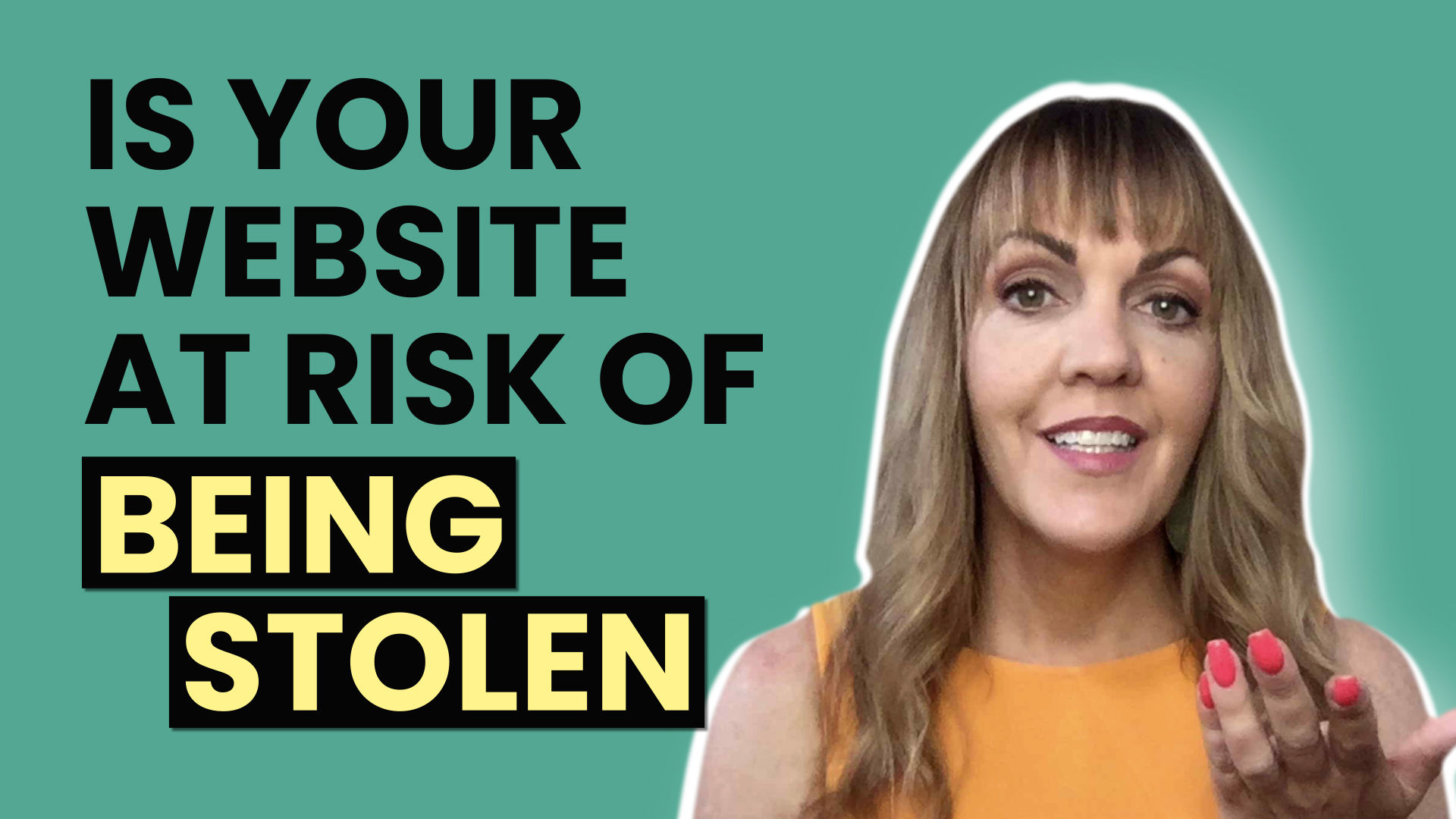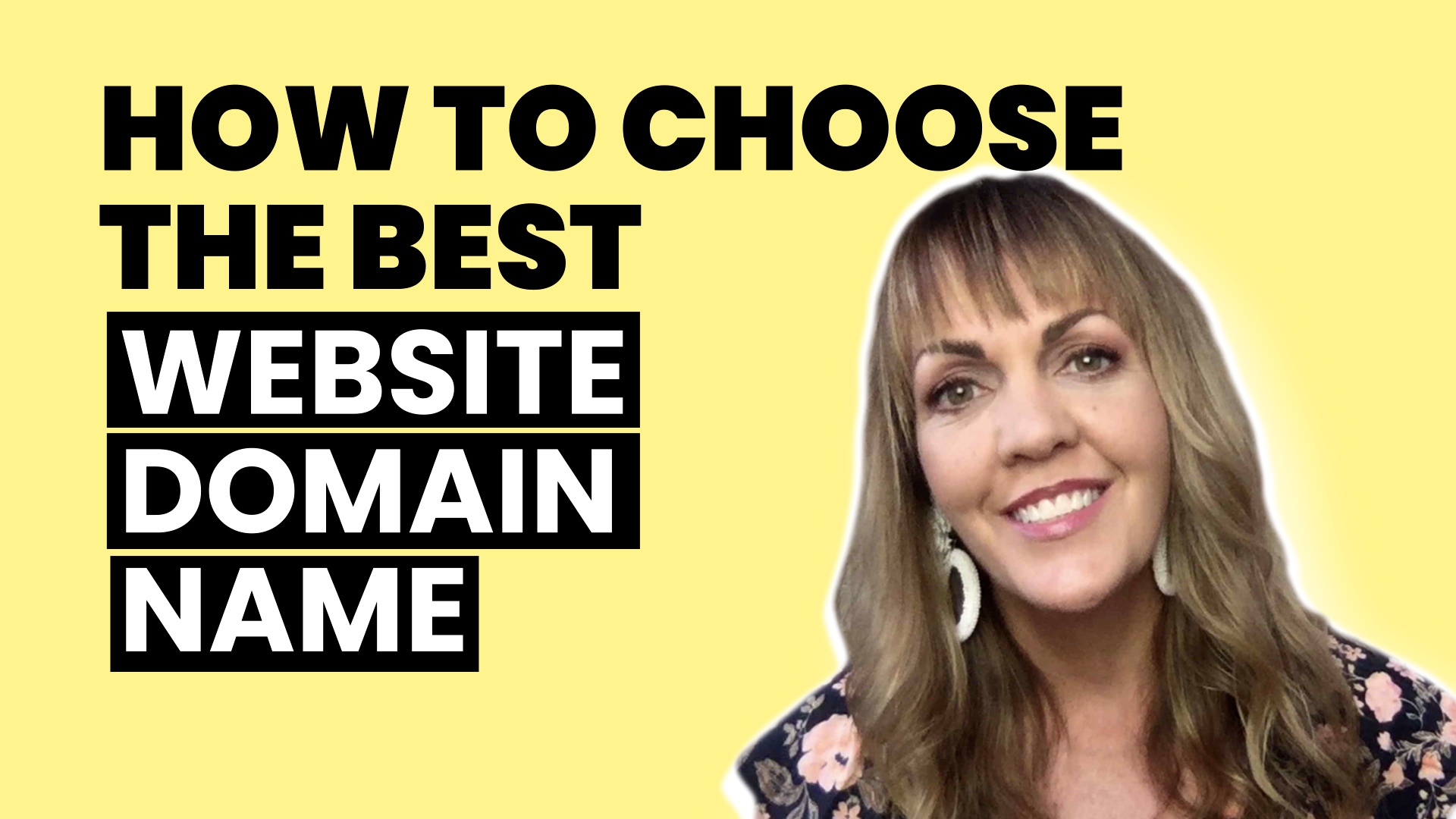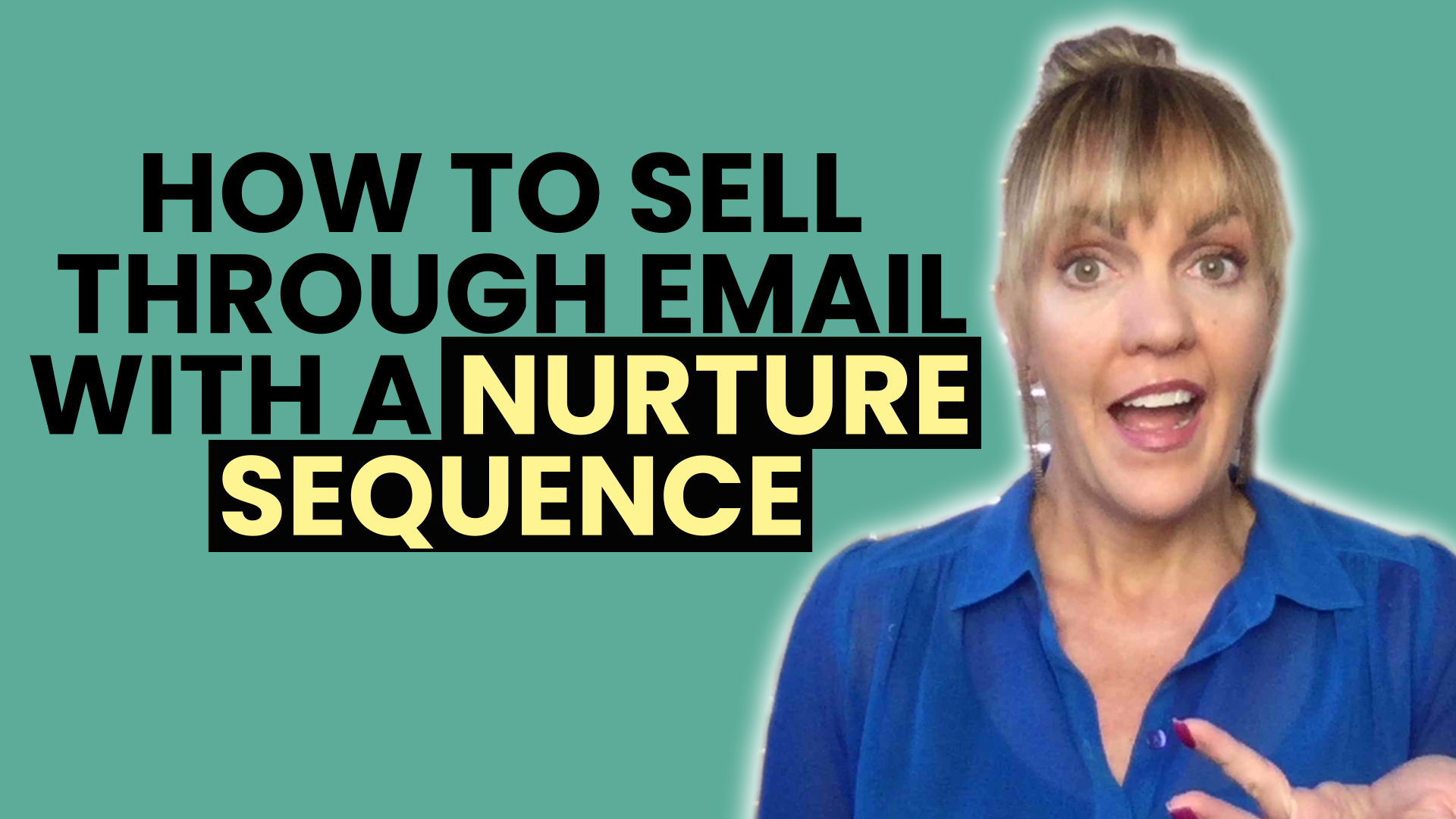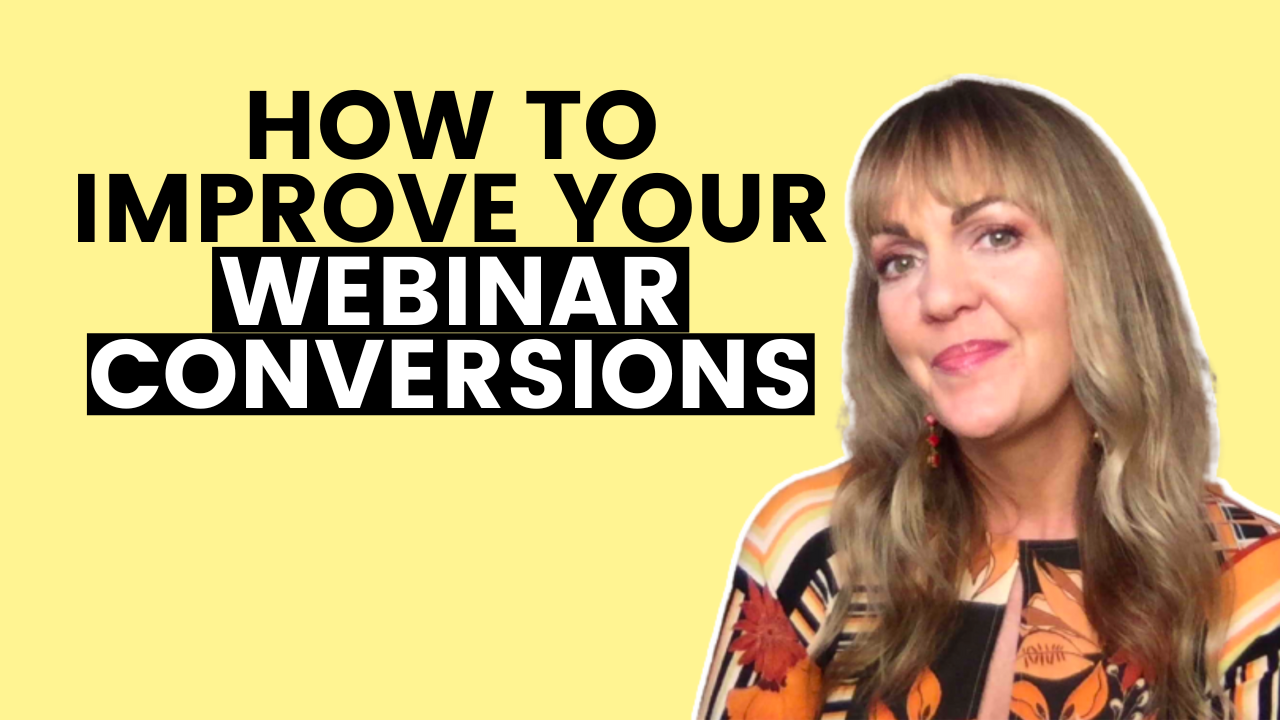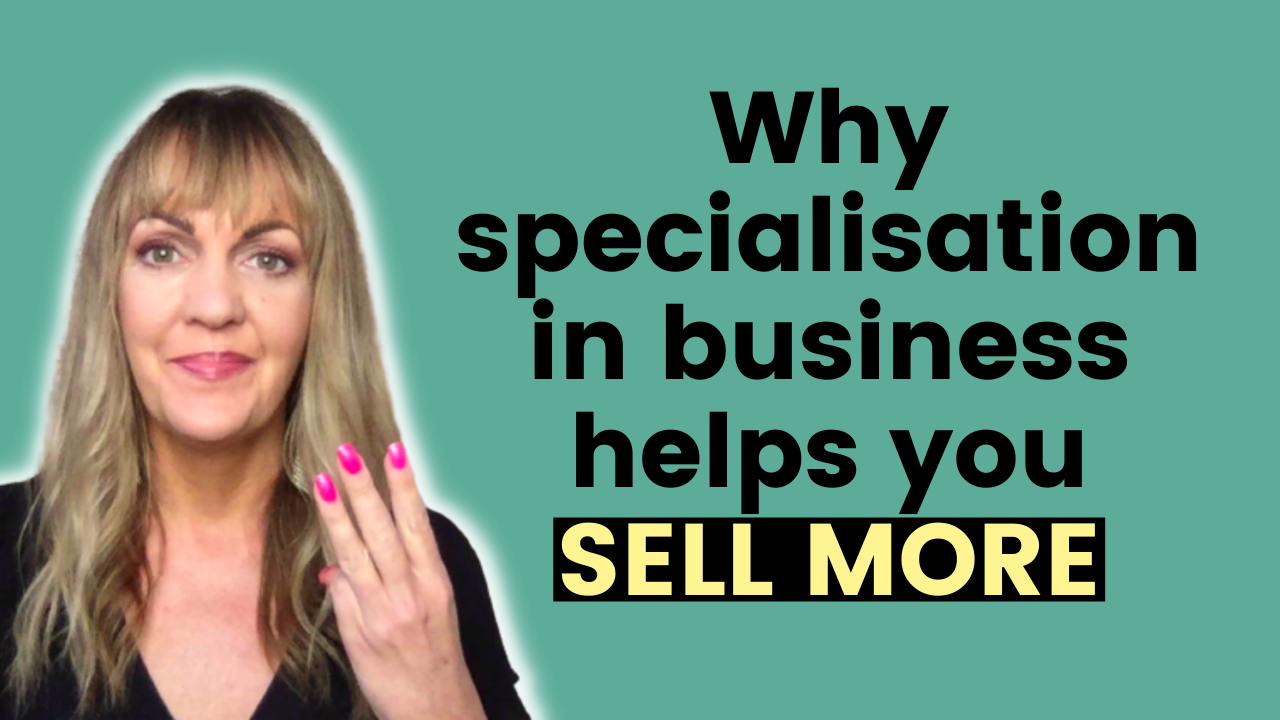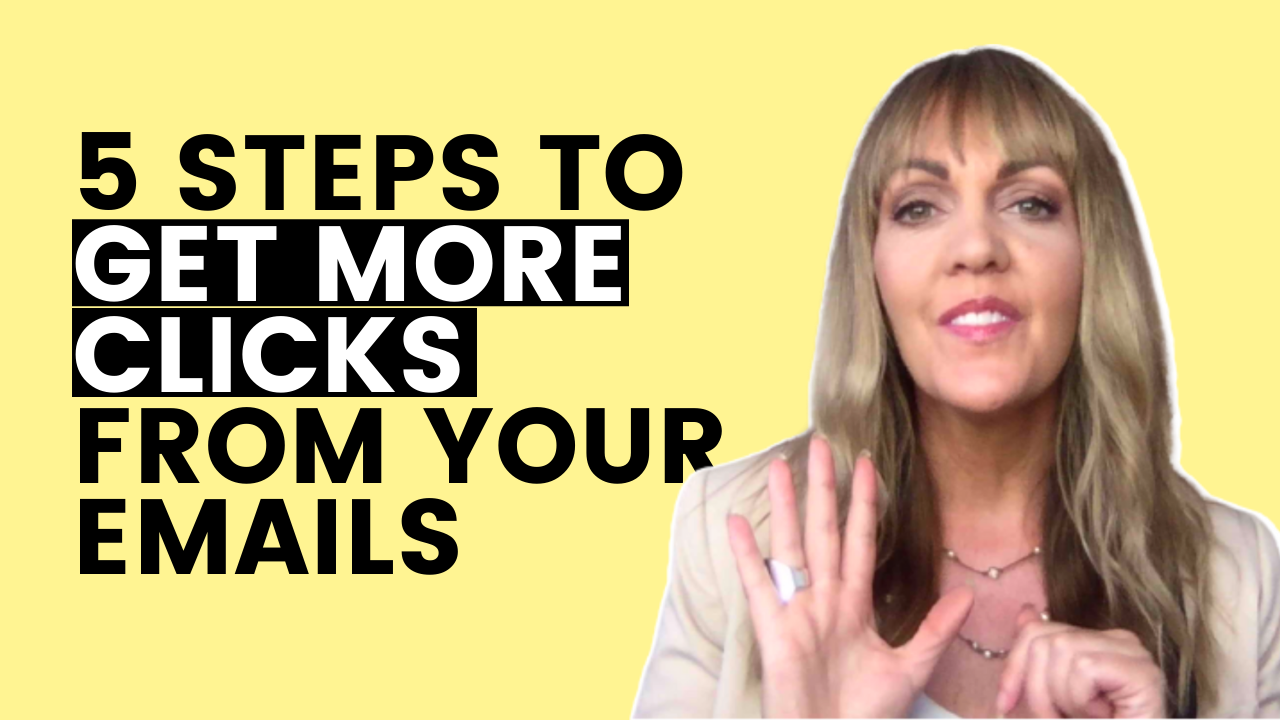Episode 96 Transcript
Heather (00:04.388)
Well, hello you guys and welcome to episode 96. Here we go. Now I teach at something called the Center for Continuing Education at the University of Sydney here in Sydney, Australia. And what this is, is this is a sort of a, I guess a department or an area of the university where you can send yourself, team members to quote unquote upskill on many different topics.
And I was teaching three classes for them as of the last couple of years. So advanced, advanced digital marketing, or it's called something like digital marketing for experienced marketers, something along those lines, content marketing, and then just an introduction to digital marketing. And I think most businesses are kind of, you know, privy to the fact that digital marketing is very, very important these days. So the generalized course no longer is offered. So I'm teaching the two courses, right? And then suddenly they come to me and they're like, Hey, Heather, we have these other courses. We had an instructor. He's decided to step down from that role and we need somebody to teach them. So do you guys want to know what they are?
Okay, here they are. So one of them is website optimization and essentially adds like driving traffic to it. One of them is social media ROI for experienced marketers, which is all about deep level dive into social media ROI and ads in social media. And then now of course I'm going to blank on the other one. Oh, the other one is just, I think general social media marketing across the gamut of LinkedIn and you know, Facebook and Tik Tok and you name it. So you kind of have like a general one. We have an ads like deep level dive into ROI. So you have to be pretty savvy at your social media marketing.
For those two and then one of them is more skewed on website optimization and conversion rate optimization. So naturally I'm like, well, yeah, of course I do this in my business website love like day in and day out. So I said, sure, happy to do it. But there's one problem they say, Heather, the instructor has left us with PDF document of his slides and we had a look and they're not very good.
Heather (02:28.708)
So they asked me to develop curriculum for all three of the new courses. Well, they're pre -existing, but they want new curriculum that involves slide decks, that involves a facilitators manual, and that involves sort of course outline. So the course outline would be for students, for their website, for marketing. The facilitators manual would be for anyone, myself, but certainly in the future who wanted to pick up this course and teach it, it would be basically be like, how do you lead a demo?
icebreakers, how do you understand the slides, all the general information of, you know, if you're standing up as a facilitator, how are you going to teach this stuff? And then of course the slide deck itself. So I've been working really hard on, on this social media ROI one, because I had a corporate training last week where I had to do that training in the corporate. So I kind of developed it in a way that was customized for this, um, this company.
So here I am going, okay, now we have to get into university hat mode and develop something. So I thought I'd share with you guys what I'm doing and how I'm going through this, because there's many of you that listen to this and you do your own online courses and you're developing that out or your learning management systems or you're part of courses or you've been through courses. And there's obviously varying degrees of, I guess, professionalism in courses that are delivered. And to be honest,
Yes, it's not a university, but it's a division of a university that I'm doing this for. But I find that there are some incredible courses online that are just as well thought through as the stuff that I'm required to put together. So what makes a good course? Well, quite a few things. So the main things that I am working through and what I've been doing my previous courses and I've just tested this new one out with the corporate are first of all, loads of case studies, a lot of case studies. That's important.
and specific to the industry or the niche that you're teaching to. So this was easy for the corporate that I went to because I could find examples for them. But when I'm teaching at the Center for Continuing Education, I get all sorts of people. We're talking local government organizations, startups, you name it, everything in between, nonprofits. And it's really challenging to give case studies where you don't have a niche, whereas like as business owners, we might actually have kind of a target market, right, that we can really.
Heather (04:51.652)
hone in on when we give these case studies. But for me, on these courses, it's not as easy. So I have to think of kind of the different types of sectors or industries and put together case studies for that, which is challenging. But case studies are really important. Storytelling, huge. So the storytelling piece would be not only stories around businesses and case studies, but you as the instructor, your stories, bring weaving in personal antidotes, because that just keeps it interesting and keeps people connected.
The next one is multimedia. So playing videos or audio to illustrate points. And that can kind of come with the case studies, but you know, anything that's entertaining. I was playing something to prove a point and one of the women in the, in the room, she started crying because it just tugged at the heartstrings so strongly. And that was the point of the video. It was to show the power of content marketing. So.
Multimedia is really important, you know, if you're teaching courses and certainly what I'm bringing in with these. Workshopping, massive, like that is where the aha moments happen all the time. And that would be harder if you, I think, had an online course just where people watch your content and don't engage with you, which is why I really like that coaching component of a course. But like with all the classes I've done, when I get them to actually do some workshopping on each of the points, so they're actually
building a plan for themselves while they're there. They can take back to their team. They can ask questions. We share collectively in a group as well. That's also important. Yeah. Now a lot of them don't like doing that, but they get validation. They get acknowledgement. They get, oh, wow, that's such a great idea. And it's, it's just creates a really cool learning environment. So that's another thing that's important. It's having that workshopping aspect as well. Um, now we also like to have sort of, I guess, lots of statistics.
case studies, I've said it's case studies, but statistics and facts that are well researched from reputable sources. That's the key. When you're backing up a point and you can prove it, like when I was talking a lot about social media ROI and I was talking where the different demographics exist for advertising and how big the potential advertising audience is on specific social media platforms. We spoke about that. You know, people are like,
Heather (07:14.212)
Oh, I see that it's not an opinion at that point. It's factual. It's taken from statistics and things that exist and researched out there. That's big for university, right? You really want to cross check your sources and your facts. So statistics and facts, absolutely massive to get people thinking and not just going, oh, this is another opinion course. It's a legitimate, well researched, put together curriculum. So we have that as well.
Sort of strategy and mapping works well too. So formulas, right? So something that is like a map that says, okay, well, this is digital marketing and here's the map and here's under each sort of pillar, how it works. So oftentimes we call these frameworks or formulas or models as well. I learned that one from Tony Robbins, where he was huge on his own frameworks that he would teach you.
So big thing when I'm talking about content marketing is oftentimes talk about the content pillars, the three or four pillars, depending on what I'm teaching and what goes in each pillar and topics under each. So it's a really tangible model that somebody's learning like a formula, not just kind of rapid firing, a whole bunch of random stuff. And I've told this time and time again to my clients and any business I work with, it's like, what's your custom formula?
And can we put that together in a map or visual graphic that you put on your website? And then that's what you teach and share. And that's also the system that you run people through as your client as well. So that's another huge thing. So like, if you think about all that, that's a lot to put through it just for one, this one day course I did last week, tested on the company. I did two full days of creating the curriculum and the slides. So.
you have the stats you're researching and I'm pulling from libraries that I know about, right? So I'd imagine if you were just getting started from scratch, it'd take you a whole week, but you're researching the stats, you're putting together your framework and your formula, you're weaving in case studies, you're trying to think of good sort of stories throughout that. Where's the best place to do a workshop, like an exercise? Is it individual? Is it team? Do they share the answers? And all of that.
Heather (09:28.452)
comes together in this course that you create essentially. And then you have to have really great slides and visuals and multimedia to back up what you're teaching. And yes, it is a phenomenal process and is exhausting, but it is incredibly rewarding as a teacher when you're teaching something is based on facts and evidence rather than just opinion pieces, because I just see these light bulbs go off in people's brains and their eyes when they're going, oh my gosh, I can see how that.
fits together, I can see why I need that. I can see how that's worked for other businesses. Now they're ready to listen to the formulas and the frameworks. Then they back that up in the learning when they are able to workshop it and share it together as a team. So they leave feeling inspired, they learn things, they have a bit of an action plan at the end. So I just shared that, I guess, with you guys just because I know that a lot of your teachers probably thinking about teaching a course or.
Maybe it's just giving you some thoughts on how to be a better teacher, not only to your team, but sharing things to your clients. There's all these different facets and things that you want to incorporate when you are sharing a topic that somebody may or may not know very much about. So there you go. That is how you put together a curriculum for a course at a university level, or at least close to university level. Cause I know it's not quite university, but it is a division of.
the university. Thanks you guys for listening. Hope you got a little bit of an insight as to my teaching side of what I do day in and day out. And it's been a pleasure as always hanging out with you. Talk to you soon. Bye.
